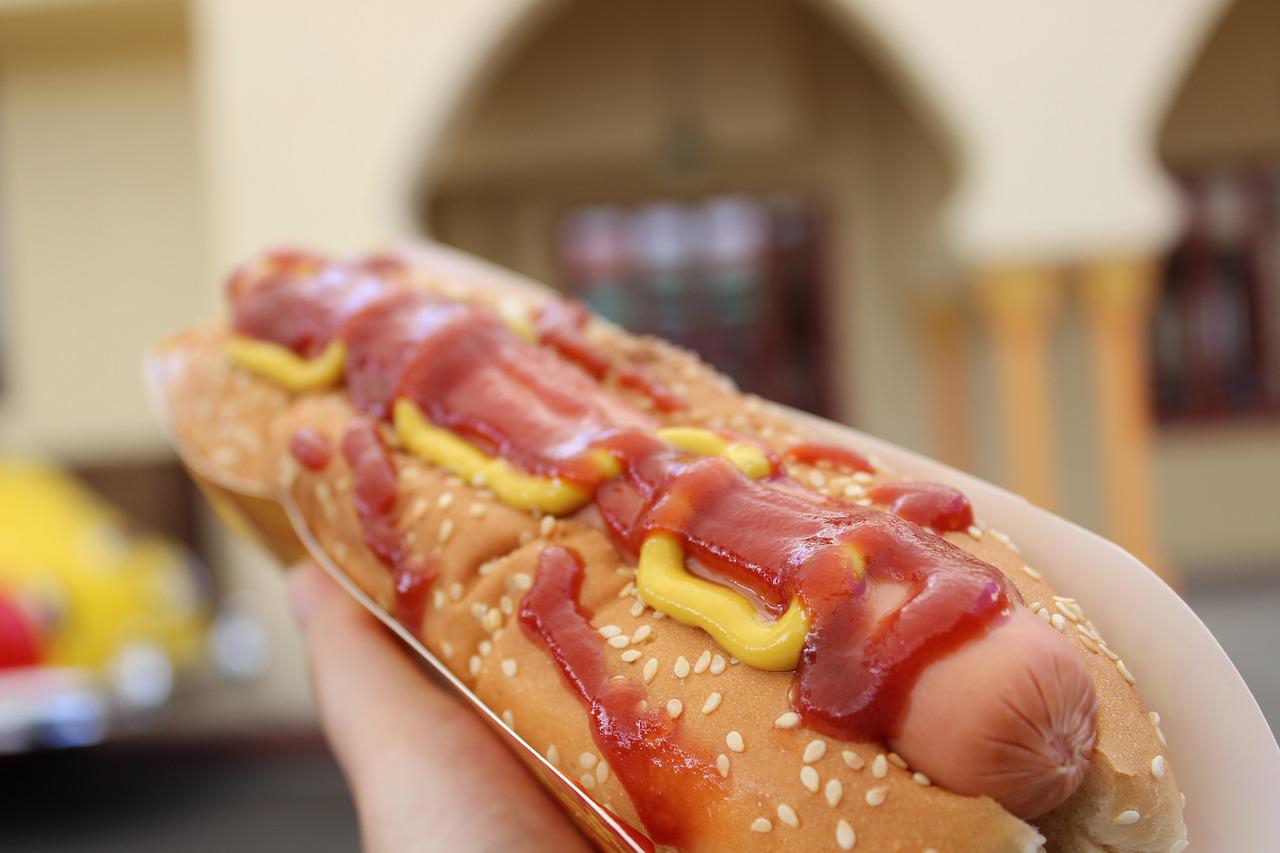Did you start your food truck up with a family recipe or that special way of preparing an ingredient that sets your mobile food business apart from the competition? To be able to maintain that competitive advantage, food truck owners need to make sure your recipes are protected. Here are some recipe protection strategies you need to know to keep your secret recipes from falling into the wrong hands.
4 Recipe Protection Strategies For Your Food Truck
Copyrighting
A copyright works to protect the way a recipe is recorded in writing and not the way it is actually made. If you record and publish a recipe and someone then looks to re-copy that recipe without any new literary expression being added, this could be deemed as a copyright infringement. However, this does not stop someone taking the recipe, cooking it in their food truck or restaurant, changing the name and claiming it as their own.
Rules for copyrightable recipes:
- The recipe must include preparation instructions or other information beyond just a list of ingredients.
- The recipe must be recorded in writing or an electronic media (not just in the chef’s head).
Work that has not been recorded on a tangible medium is not copyrighted. As soon as a recipe has been recorded, it is copyrighted. A formal copyright registration is not required, although it’s recommended. This is because you cannot file a lawsuit for copyright infringement unless the copyright is registered.
Recipes are trade secrets
You must remember that your recipes are not inventions. They are your food truck’s trade secrets. The reason this differentiation is important is that trade secrets do not get protection in the same way patents for inventions do. Patents receive automatic protection through the government. This means that if you file for a patent with the government, you are protected from its theft for the life of the patent. To keep a trade secret confidential, it is the truck owner, not the government that ensures that it stays confidential.
So how do you protect your recipes?
Non-disclosure and non-compete agreements
Insist that each of your employees sign non-disclosure (at minimum) and non-compete agreements. Essentially, these agreements say that in exchange for allowing them access to your recipes, they will not reveal that information to anybody else, especially your competition.
These agreements can even be written to stay in force after the employee is no longer in your employment. The penalty for violation of these agreements can amount to a hefty monetary sum, which may be just enough incentive to keep your food truck recipes a secret.
Keep it secret
While having employees sign non-disclosure and non-compete agreements is a great option in protecting Grandma’s meatball recipe, when it comes to real protection of your recipe, consider these physical protection ideas.
- Share it with only those employees that have a “need to know.”
- Keep a hard copy locked away.
- Break the recipe into different jobs. This might be shown in protecting the spice rub you use for grilling your meat products. Have a portion of the spices combined by one individual while the other half is combined by another. This will make sure that you are the only one that knows the entire recipe.
RELATED: Food Truck Chef Employment Contract: Why You Need One
The Bottom Line
Your secret recipe may be the cornerstone of your food truck business, so protecting it is very important. By using these recipe protection strategies, you can ensure your competitive advantage stays intact now and in the future.
What recipe protection strategies do you use? Share your ideas in the comment section or social media. Facebook | Twitter




